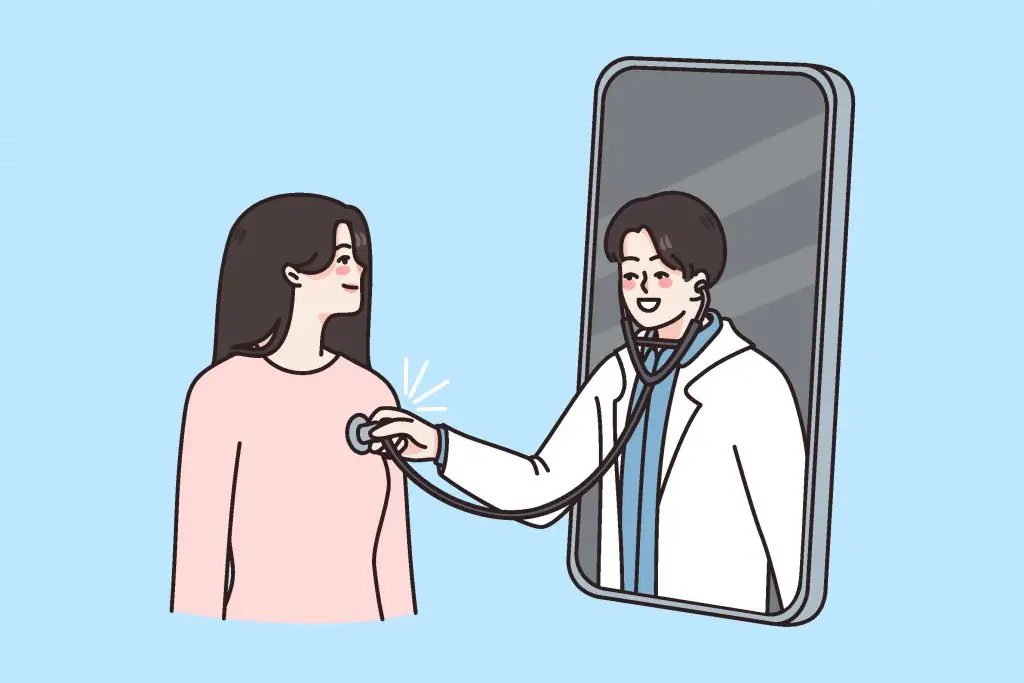Key Highlights
- Excessive daytime sleepiness is common among older adults due to changes in sleep quality and patterns.
- Age-related shifts in the circadian rhythm disrupt consistent sleep cycles, leading to daytime drowsiness.
- Health conditions like sleep apnea, Parkinson’s disease, and chronic pain can exacerbate sleep disturbances in seniors.
- Medications with sedative or disruptive side effects play a significant role in increased daytime sleepiness.
- Practical solutions such as regular sleep schedules and dietary adjustments can improve sleep hygiene and overall well-being.
- Understanding the root causes of sleep issues can help seniors maintain a better quality of life.

Introduction
As our loved ones age, their sleep patterns often change, leading many to wonder, “Why is Dad sleeping all day?” This concern is a common one and may signal underlying issues that need to be addressed. Understanding these changes is key to providing the appropriate care and support.
Understanding Elderly Sleep Patterns
It’s important to recognize that excessive napping during the day is not a normal part of aging. It suggests that something might be affecting the body or mind. In this post, we’ll explore why your elderly parent might be sleeping throughout the day and waking up early in the morning. This shift can disrupt family dynamics, leading to caregiver burnout and potentially resulting in the elder requiring nursing home care.

Common Causes of Daytime Sleepiness
Aging affects sleep architecture. Many seniors find themselves getting sleepy earlier in the evening and going to bed, only to wake up early. This cycle often results in daytime sleepiness. Conditions like Restless Leg Syndrome and other sleep disorders become more prevalent with age, causing night-time disturbances and daytime sleepiness. Additionally, obstructive sleep apnea can lead to frequent awakenings at night, disturbing sleep.
Chronic medical issues such as Parkinson’s disease, neurological disorders, and dementia can also lead to increased daytime sleepiness. Anxiety and depression are common culprits as well, particularly when seniors have lost a spouse or deal with loneliness.
Medical Conditions and Medications
Medications can significantly impact sleep. Anti-anxiety, anti-allergy, and anti-psychotic medications, along with sleep aids, can contribute to daytime sleepiness. Conditions like hypothyroidism or metabolic imbalances can also cause fatigue. Chronic infections or malignancies, especially if the elder is undergoing treatment with their healthcare provider, can exacerbate these issues.
Social isolation in elderly individuals, even those living with family, is a distressingly common cause of these symptoms. It’s crucial to remember that providing food and shelter is inadequate; our elders need love and care.

Addressing Sleep Issues: Practical Tips
First and foremost, understand that constant sleeping is not normal. Schedule an appointment with a primary care physician for a comprehensive evaluation of your parent’s health history and necessary tests. Implementing proper sleep hygiene and better sleep habits can help improve their sleep quality—expose them to natural light, use a small dose of melatonin, ensure the bedroom is quiet and cooler than the rest of the house, and encourage short walks before bed. Limiting screen time and TV can also make a significant difference.
Conclusion and Final Thoughts
As a primary care provider with 28 years of experience in senior care, I’ve seen the same issues arise repeatedly. If nighttime sleep turns into daytime slumber, it’s a warning sign of a downward trajectory. You are the first line of defense in preventing this decline. I hope this guide aids in providing the necessary support and care for your loved ones. If you found this post helpful, please share it, and don’t forget to subscribe to our channel, Con MD, for more insights on senior care. Thank you for your attention.

Frequently Asked Questions
What are the first signs of excessive daytime sleepiness in seniors?
The first signs of daytime sleepiness or excessive daytime sleepiness in elderly people can be seen when they feel tired all the time. Their energy levels might be low, and they may not stay as awake or alert during the day. These potentially alarming dementia symptoms can manifest as difficulty focusing on tasks. Sometimes they may start to forget things or may show signs of cognitive decline because they are not getting good sleep. If you notice these signs early in elderly people, it can help stop more problems from coming up and can lead to better health.


